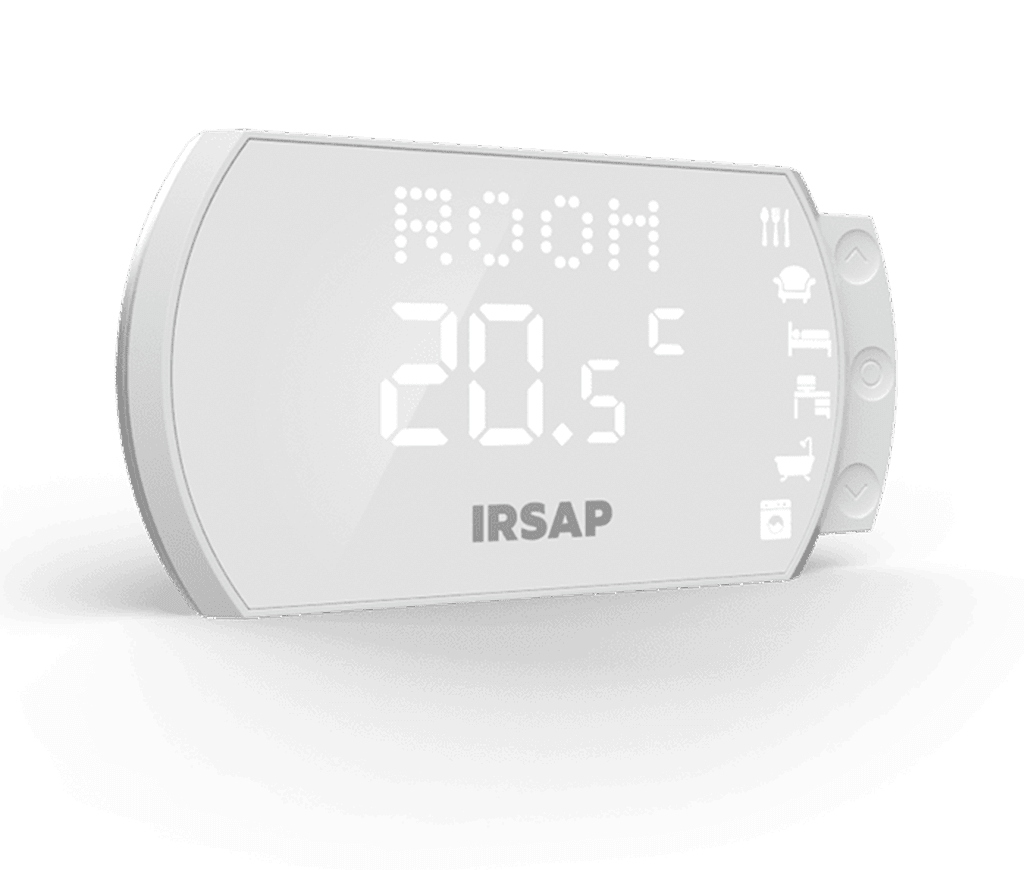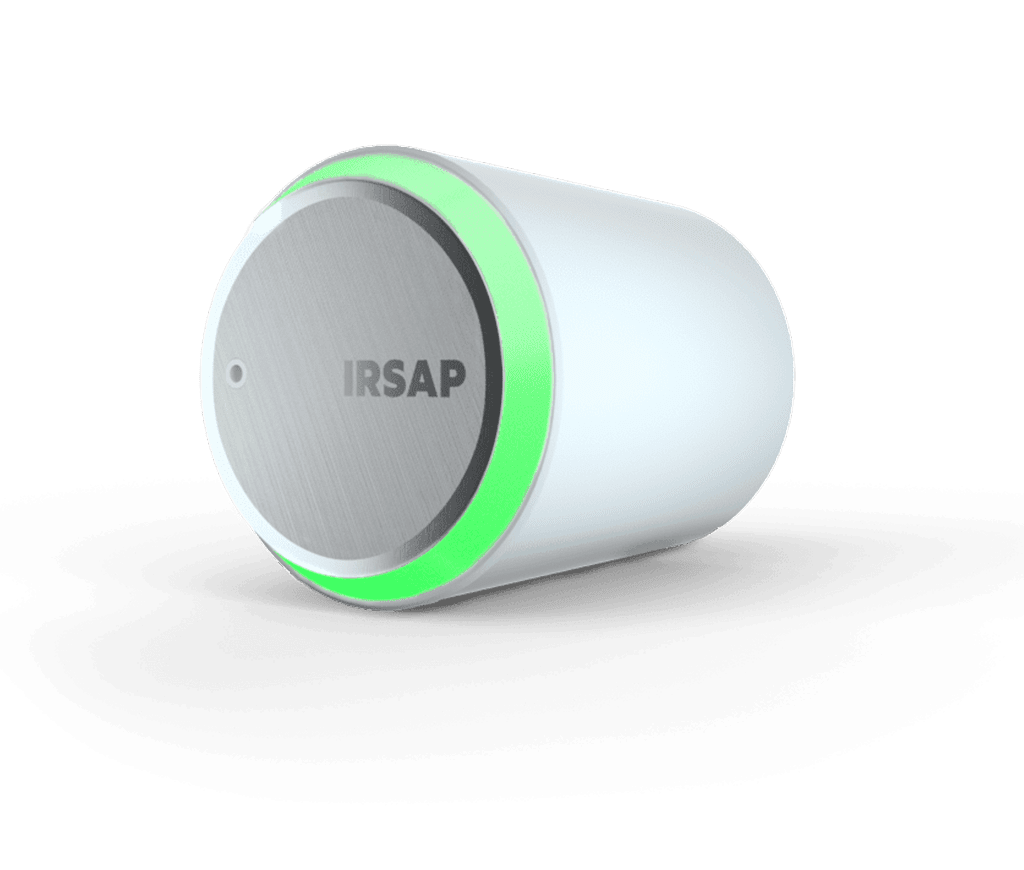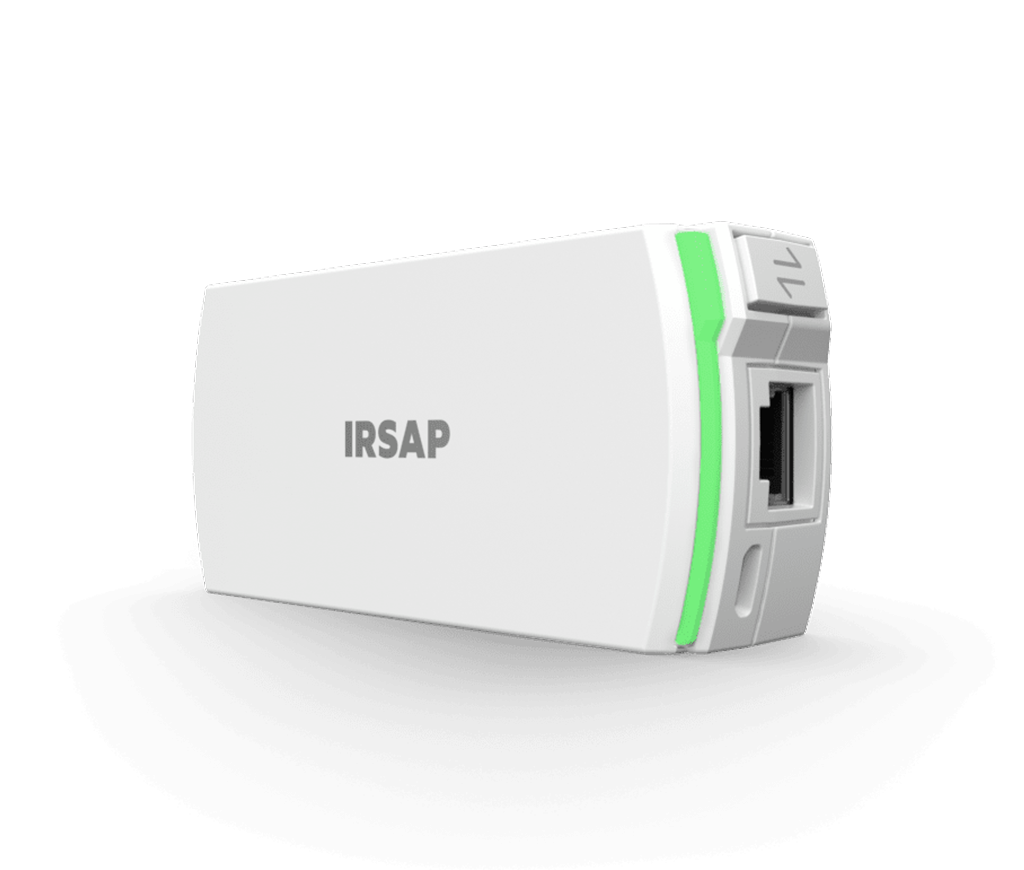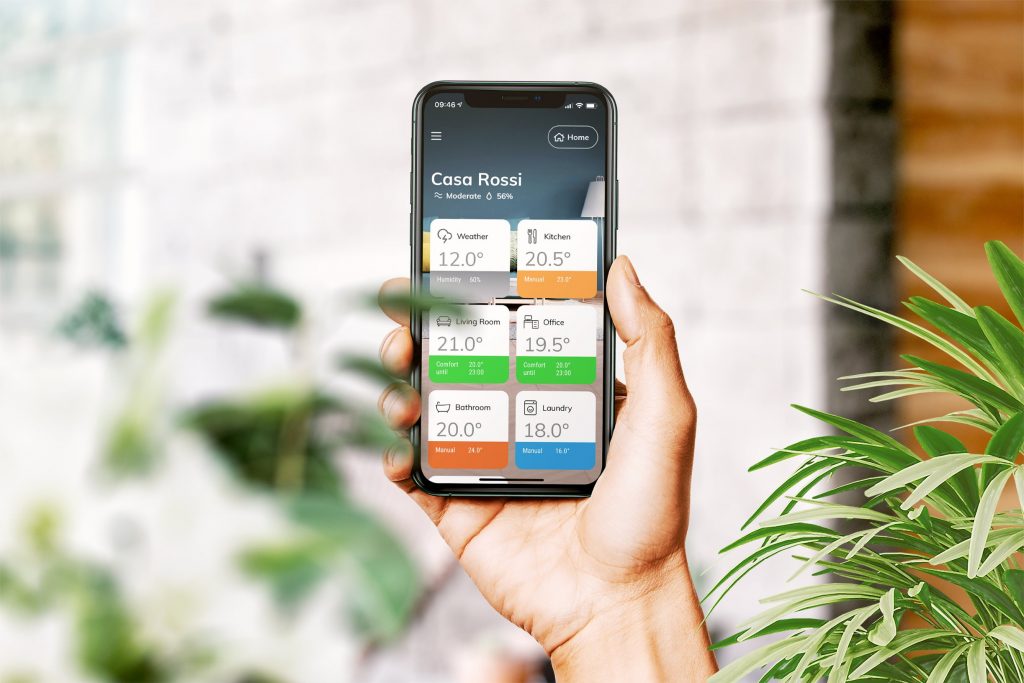
Optimal start dates for heating systems in the UK
When it comes to staying comfortable during the chilly months in the United Kingdom, a well-functioning heating system is your best friend. But what many homeowners and businesses often wonder is, "When is the ideal time to start heating systems in the UK?" This is a crucial question, as starting your heating system at the right time can save you money and ensure a cosy environment.
When to start the heating systems?
We must consider some factors.
- Timing matters. The climate in the UK can be quite variable, with cold spells often setting in during the autumn and winter months. To ensure your home or business remains warm and energy-efficient, it's important to determine the right time to turn on your heating system.
- Autumn transition. As autumn approaches, the weather begins to cool down. A general guideline is to consider turning on your heating system when the average daily temperature consistently drops below 15°C (59°F). This usually occurs in September or early October in most regions of the UK.
- Zonal variations. Keep in mind that the UK has regional variations in weather patterns. In Scotland and Northern Ireland, for instance, the cooler weather may necessitate starting your heating system a bit earlier, possibly in late September. Conversely, in the milder climate of southern England, you might not need to start your heating until later in October.
- Energy-efficiency considerations. Starting your heating system too early can lead to increased energy consumption and higher utility bills. It's essential to balance comfort with energy efficiency. Consider using a programmable thermostat to set your heating system to a comfortable yet cost-effective temperature.
- Prepare your system. Before starting your heating system, it's a good idea to have it serviced by a professional to ensure it's in top condition. Regular maintenance can prevent unexpected breakdowns and improve its overall efficiency.
- Invest in energy-saving features. If you're looking for ways to reduce your heating costs, consider investing in energy-saving features such as smart thermostats, double-glazed windows, and improved insulation. These upgrades can make a significant difference in your energy bills.
In conclusion, In the UK the ideal time to start your heating system depends on your location and the weather conditions in your area. Balancing comfort with energy efficiency is crucial.

How to get the best from heating systems?
To get the best performance and efficiency from your heating system, whether it is a furnace, boiler, heat pump or other type of system, consider the following tips.
- Regular Maintenance
Schedule annual or bi-annual maintenance checks with a qualified technician. Regular maintenance helps identify and address issues before they become major problems, ensuring your system operates at peak efficiency. - Optimal temperature settings
Set your thermostat to a comfortable but energy-efficient temperature. Lowering the thermostat a few degrees during the winter and using a programmable thermostat to adjust temperatures when you're away or sleeping can significantly reduce energy consumption. - Zoning
If possible, install a zoning system that allows you to control the temperature in different areas of your home independently. This can help you direct heat to where it's needed most and avoid heating unused spaces. - Sealing and insulation
Properly seal and insulate your home to prevent drafts and heat loss. Insulating the walls, attic, and basement, and sealing gaps around doors and windows, can reduce the workload on your heating system. - Regularly replace air filters
Change or clean your heating system's air filters as recommended by the manufacturer. Clogged filters restrict airflow, making your system work harder and less efficiently. - Use energy-efficient equipment
When it is time to replace your heating system, choose an energy-efficient model. Look for systems with high Annual Fuel Utilisation Efficiency (AFUE) ratings or Heating Seasonal Performance Factor (HSPF) for heat pumps. This will reduce energy consumption and operating costs. - Balanced humidity
Maintain balanced indoor humidity levels. Using a humidifier in the winter can help you feel comfortable at lower temperatures, allowing you to reduce your heating settings. - Proper ventilation
Ensure proper ventilation to prevent stale indoor air and maintain indoor air quality. Proper ventilation can help distribute heat evenly and reduce energy consumption. - Sunlight utilisation
Open curtains or blinds during the day to allow natural sunlight to warm your home. Close them at night to reduce heat loss. - Use ceiling fans
Ceiling fans can help distribute warm air more evenly throughout a room. Make sure your fan rotates in a clockwise direction during the winter to push warm air down. - Consider smart thermostats
Smart thermostats can learn your preferences and adjust the temperature automatically for energy savings. They also allow remote control through smartphone apps. - Routine checks
Keep an eye on your heating system for any unusual noises, odours, or performance issues. Promptly address any problems to prevent larger breakdowns. - Regularly bleed radiators
If you have a hot water heating system with radiators, make sure to bleed them regularly to remove trapped air, ensuring efficient heat distribution. - Consult a professional
If you're unsure about how to optimise your heating system or if you have specific concerns, consider consulting with a professional for personalised advice.
By implementing these strategies and practising regular maintenance, you can maximise the efficiency of your heating system, reduce energy consumption and maintain a comfortable and cost-effective indoor environment.
How to control your central heating system?
Controlling your central heating system effectively is essential for maintaining comfort and energy efficiency in your home. Here are steps to control your central heating system.
- Set Temperature. Adjust the thermostat to your desired temperature. The thermostat is the primary control point for your heating system.
- Programming. If you have a programmable thermostat, take advantage of its features to set different temperature levels for various times of the day. For example, lower the temperature when you're away or asleep and raise it when you're at home and awake. This helps save energy.
- Smart Thermostats. Consider upgrading to a smart thermostat, which allows remote control via a smartphone app and can learn your preferences. Smart thermostats often have features like geofencing and adaptive learning to maximise efficiency.
- Zoning. If your central heating system supports zoning, use it to control different areas of your home independently. Zoning allows you to direct heat where it's needed most and avoid heating unused spaces.
Other articles

Smart Thermostat
Replace your traditional thermostat with our wireless smart thermostat with advanced functions to easily set the temperature and accurately measure the temperature, humidity level and air quality in your home.

Smart Valve
Control the temperature of each room separately. Our wireless thermostatic valves are compatible with all radiator brands and leading hydraulic valve manufacturers.

Connection Unit & Repeater
Multi-storey or very large house? Add a Connection Unit to be used in Repeater mode to extend the signal to all rooms and ensure proper communication with other devices in your IRSAP NOW wireless heating system.







